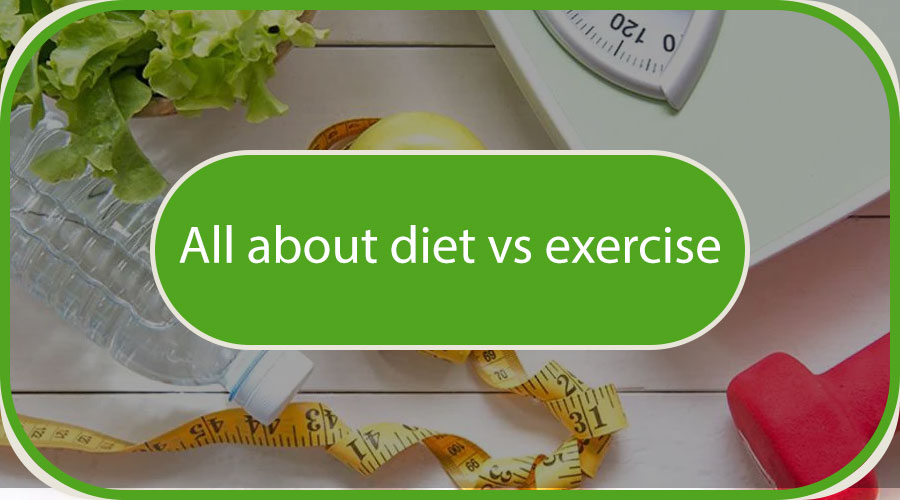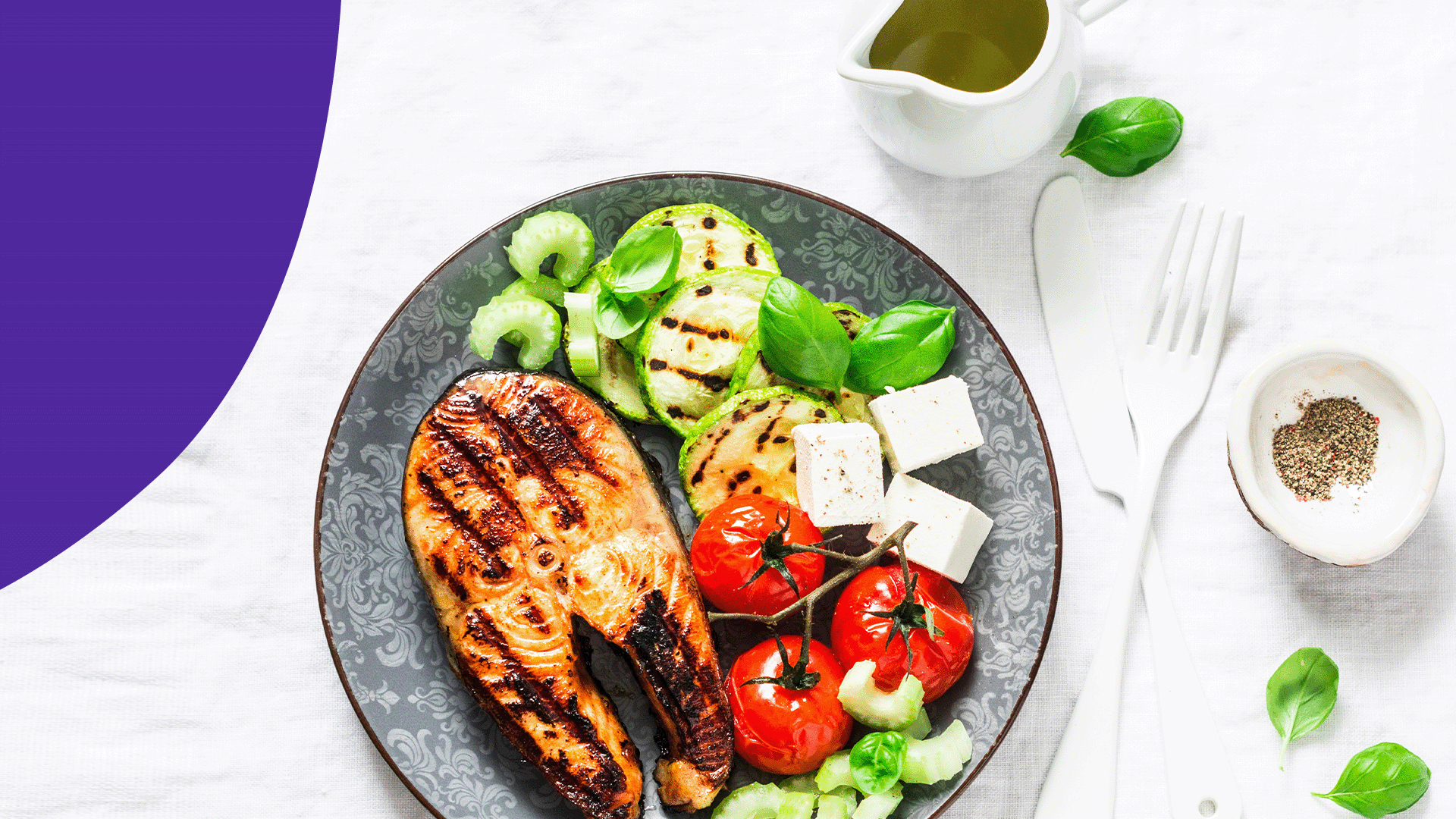
These health tips are important for women to improve their heart health. Exercise daily. Regular exercise, whether you are walking, biking, or dancing, can greatly improve your cardiovascular health. Moderate-intensity exercise can help you burn excess calories and prevent diseases. You'll also feel happier and have more energy. Here are some ways you can exercise regularly. No matter what your level of fitness is, you can greatly improve your heart health with just half an hour per day.
Get your HPV shot. HPV is a virus that can lead to cervical carcinoma in anyone who is sexually active. Children as young as 11 years old and women as young at 26 are advised to get vaccines. You should also have a flu shot. Get plenty of water. Clear skin is crucial for feeling and looking younger. Don't forget water! You'll thank your skin. You will be able to look and feel great.

Be healthy. Women in childbearing stages should eat foods high levels of folic acids, which can protect them against birth defects. Women need to increase their vitamin D and calcium intake after menopause. These nutrients are found in low-fat dairy products as well as egg yolks. These nutrients can help to prevent osteoporosis as well bone disease and other issues that are associated with aging. The key is to choose foods rich in calcium and vitamin D.
Take care of your sleep. The average woman tends not to pay attention to her own health. National Women's Health and Fitness Week provides a unique opportunity to pay attention to your own health. Even on a budget, you can exercise regularly and eat right. Regular mammograms are a great way to prevent breast cancer and enhance your quality of living. You can also take better care of yourself while at home.
You can still exercise while at work. A 30-minute walk can improve circulation, muscle tone, mood, and energy, while low-impact cardio helps women recover and maintain their weight. Begin slowly with a gentle stroll or swim if you don't exercise. As you get older, increase your activity. You don't have to do a lot of exercise if you aren't comfortable.

Get active every day. Even if your body isn't in its best condition, regular exercise can help prevent heart disease. A quarter of all women die of heart disease. It may seem like a small amount, but regular exercise is important for your heart health and many other aspects. Exercising can help you avoid certain diseases such as arthritis. You can lose weight by exercising. Being able to manage your weight will help you be more energetic and healthy.
FAQ
Why Metabolic Well-being is the Key to Aging Well
People are living longer today than ever. However, as they age, so do their chances of getting sicker. And while we've made great strides in medical science, it's becoming increasingly clear that our current approach isn't working.
We need to change how we think about health and aging. Healthful aging requires that we start to think about metabolic health, which is not only weight loss but overall well-being.
If you want to live a healthy, active lifestyle for the rest of your life, it is important to maintain a strong metabolism throughout your entire life.
There are many options to improve your metabolic health. One way is to include these 7 foods in your diet.
-
Resveratrol has been proven to increase cellular longevity. They are also rich in vitamins C & E and antioxidants.
-
Pinto beans and lentils are great sources of fiber and plant-based proteins. These nutrients help to keep blood sugar levels constant so they don't spike and crash.
-
Broccoli contains sulforaphane, shown in studies to protect cells against DNA damage. It could even slow down the growth of cancer.
-
Chia Seeds are high in omega-3 fatty acids and fiber. They are rich in protein and antioxidants. All these nutrients support heart health, brain function and gut health.
-
Green tea contains catechins, which are polyphenols. Green tea catechins have been shown to reduce bone fractures, heart disease, cognitive decline, diabetes risk, and other health issues.
-
Salmonis a great source of lean protein. It is low in saturated fat and high in vitamin D.
-
Walnuts are rich in omega-3s as well as antioxidants such alpha lipoic acids (ALA). ALA aids in energy production and protection against inflammation.
Are there any benefits to practicing yoga?
Yoga has been around since ancient times and has gained popularity recently. Celebrities, as well as everyday people who are looking to stay fit and healthy, have made yoga a hugely popular choice.
Yoga is great because you can stretch your muscles and strengthen them. Yoga is also great for calmening your mind and relaxing.
Yoga is more focused on breathing than other forms of exercise.
For balance and flexibility, there are many poses you can do.
What's a good workout routine for daily?
Regular exercise is key for staying in shape. It doesn't matter which type of fitness you choose, as long as it is done regularly. Consistency and consistency are the keys to success. To achieve success, you need to persevere for a long time.
Begin by starting to do a little bit of physical activity each day (like walking). You can gradually increase the amount of exercise you do until you have 30 minutes each day. You could do this by running, swimming, weight training or yoga.
You should try to ensure that you exercise most days of the week. If you have a reason to miss a session, don't skim it.
Make sure to wear appropriate clothing and footwear for outdoor exercise. You should also consider the weather conditions that could affect your ability exercise safely.
While exercising, make sure to drink plenty water. It is best to avoid alcohol while you're exercising. Also, don't drink caffeine-rich beverages like tea, coffee, or cola. They will not only give you more energy but also dehydrate you.
It's common to feel tired after your first workout. You'll feel more energetic and refreshed if you keep going with your exercise program.
Statistics
- By John Thompson Take a whopping 38% off a set of PowerBlock Pros. (menshealth.com)
- The PRS enabled risk stratification for overall prostate cancer and lethal disease with a four-fold difference between men in the highest and lowest quartiles (HR, 4.32; 95% confidence interval [CI], 3.16-5.89). (pubmed.ncbi.nlm.nih.gov)
- Are You One of the 20% of Guys (mh.co.za)
- Cardmembers earn 5% Back at Amazon.com with a Prime Credit Card. (amazon.com)
- An estimated calorie range for moderately active adult males falls between 2,200 to 2,800 calories per day, depending on age. (eatright.org)
External Links
How To
What nutrients does a man require daily?
Men require daily nutrition for healthy growth and development. The body requires vitamins and minerals, protein, carbohydrates, fats (fats), water, fiber, as well other essential elements.
The male body also requires specific nutrients at different times throughout the day. Your body makes hormones, antibodies and enzymes when you are asleep. You use protein to build muscles and repair damaged tissue when you wake up.
At night, your body breaks down fat and stores the extra energy as glycogen. Your body still requires sufficient nutrients and calories even though it needs less calories. You might have an occasional snack during the night if your stomach is feeling hungry.
To fuel your muscles while you train, you will need sufficient carbs as well as protein. Muscle soreness can occur if you work out hard.
To prevent this from happening, you need to consume carbs or protein within two hours. To get energy from glucose, your body will start to degrade stored glycogen.
After your workouts, you should eat protein immediately. This prevents muscle tissue from being broken down while you are sleeping.
Your body makes lactic acid when you are doing intense physical activities. The body produces lactic acid when there is too much activity. This can cause fatigue. Eat foods high in carbohydrate, such as fruits, vegetables, to avoid this.
Carbohydrates give your body the energy it needs to recover from strenuous exercise.
You may also want to include lean meats and fish, as well as yogurt, cheese, yogurt, beans and nuts in your diet.
All these foods are high-quality sources of protein. Protein helps to repair and grow muscles. Protein also supplies the amino acids your body requires to make sex hormones, such as testosterone.
Good skin, hair, and joint health requires adequate dietary fats. Healthy men should consume between 20% to 35% of their daily caloric intake from fat.
Fat is good for your heart and helps you fight cancer. It keeps your brain healthy and functioning well.
Most of the fat you need can be obtained from vegetable oils, including sunflower oil (or soybean oil), peanut oil, peanut oil, soybean oil, and peanut oil.
These oils are high in monounsaturated fatty acids (MUFAs). MUFAs help lower cholesterol and reduce inflammation. They protect cells against damage from free radicals.
Saturated fats are found in animal products including meat, dairy products, butter and other dairy products. SFAs increase LDL ("bad") cholesterol, and increase triglycerides. They also promote weight gain and belly fat.
Polyunsaturated oil (PUFAs), which are plant-based, can be found in vegetable oils, nuts seeds, grains, and other plant-based products. PUFAs reduce inflammation and improve cardiovascular function. They also reduce blood sugar, cholesterol, and other inflammatory factors.
Erectile dysfunction is common in men with low HDL ("good") cholesterol. A high intake of saturated fats leads to higher levels of bad cholesterol.
Men who eat a lot of red meat or pork develop prostate problems because they contain large amounts of nitrates. When heated, nitrates are converted to nitrosamines. These compounds cause cancer.
Most processed meats contain nitrites and other harmful chemicals. They should be avoided.
The American Heart Association recommends that you limit your intake of red meat to 2 per week. Instead, choose poultry and fish, legumes, tofu or whole grain bread as your main source of protein.